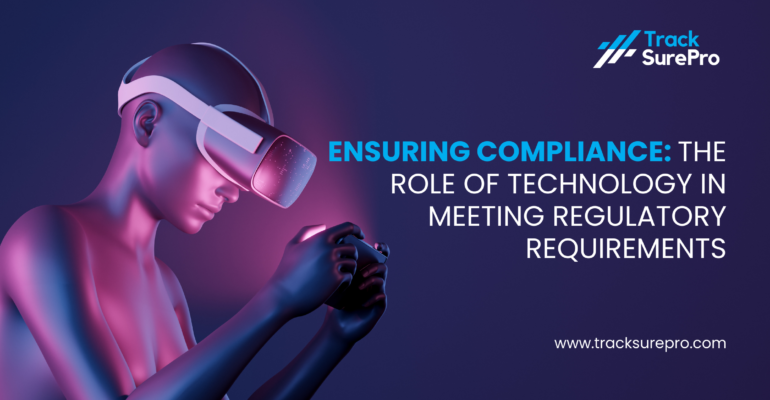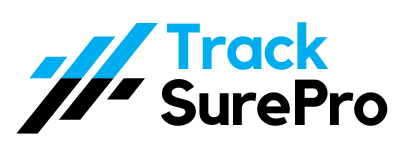Ensuring Compliance: The Role of Technology in Meeting Regulatory Requirements

Ensuring Compliance: The Role of Technology in Meeting Regulatory Requirements
Introduction:
Compliance with regulatory requirements is a top priority for construction companies to avoid legal issues, penalties, and reputational damage. In this blog, we will explore the crucial role that technology, such as TrackSurePro, plays in helping construction firms navigate complex regulatory landscapes and ensure compliance with industry standards.
Understanding Regulatory Compliance:
- Complex Regulatory Environment: The construction industry is subject to a myriad of regulations, including building codes, safety standards, environmental regulations, and labor laws, which vary by location and project type.
- Risk of Non-Compliance: Failure to comply with regulatory requirements can result in costly fines, project delays, lawsuits, and damage to reputation, posing significant risks to construction companies’ bottom line and future prospects.
The Role of Technology in Compliance:
- Automated Compliance Monitoring: TrackSurePro offers automated compliance monitoring tools that track regulatory changes, deadlines, and requirements, ensuring that construction projects remain in compliance throughout their lifecycle.
- Document Management: The platform streamlines document management processes, centralizing permits, licenses, certificates, and other compliance-related documents, making it easier to track, access, and update critical information.
- Audit Trail: TrackSurePro maintains a detailed audit trail of all project activities, changes, and approvals, providing transparency and accountability, which are essential for demonstrating compliance during audits or inspections.
- Training and Certification Management: The platform enables construction firms to manage employee training, certifications, and qualifications, ensuring that all personnel meet regulatory requirements for specific roles and tasks.
Key Benefits of Using TrackSurePro for Compliance:
- Reduced Risk: By automating compliance monitoring and document management processes, TrackSurePro helps construction companies minimize the risk of non-compliance and associated penalties.
- Increased Efficiency: The platform streamlines compliance-related tasks, such as document tracking, training management, and audit preparation, saving time and resources for construction firms.
- Enhanced Transparency: TrackSurePro provides stakeholders with real-time visibility into compliance status, enabling proactive risk management and informed decision-making.
- Improved Reputation: By demonstrating a commitment to compliance and regulatory adherence, construction companies can enhance their reputation and credibility in the industry, attracting clients and partners.
TrackSurePro Solution:
TrackSurePro serves as a comprehensive compliance management solution for construction companies, offering advanced features, intuitive design, and customizable solutions tailored to the unique regulatory requirements of each project. With TrackSurePro, construction firms can ensure compliance, mitigate risks, and build a solid foundation for success.
Conclusion:
In an increasingly regulated industry, construction companies must prioritize compliance to protect their interests, mitigate risks, and maintain a competitive edge. By leveraging technology, such as TrackSurePro, construction firms can streamline compliance management processes, reduce administrative burden, and achieve greater peace of mind knowing that they are meeting regulatory requirements effectively and efficiently.

